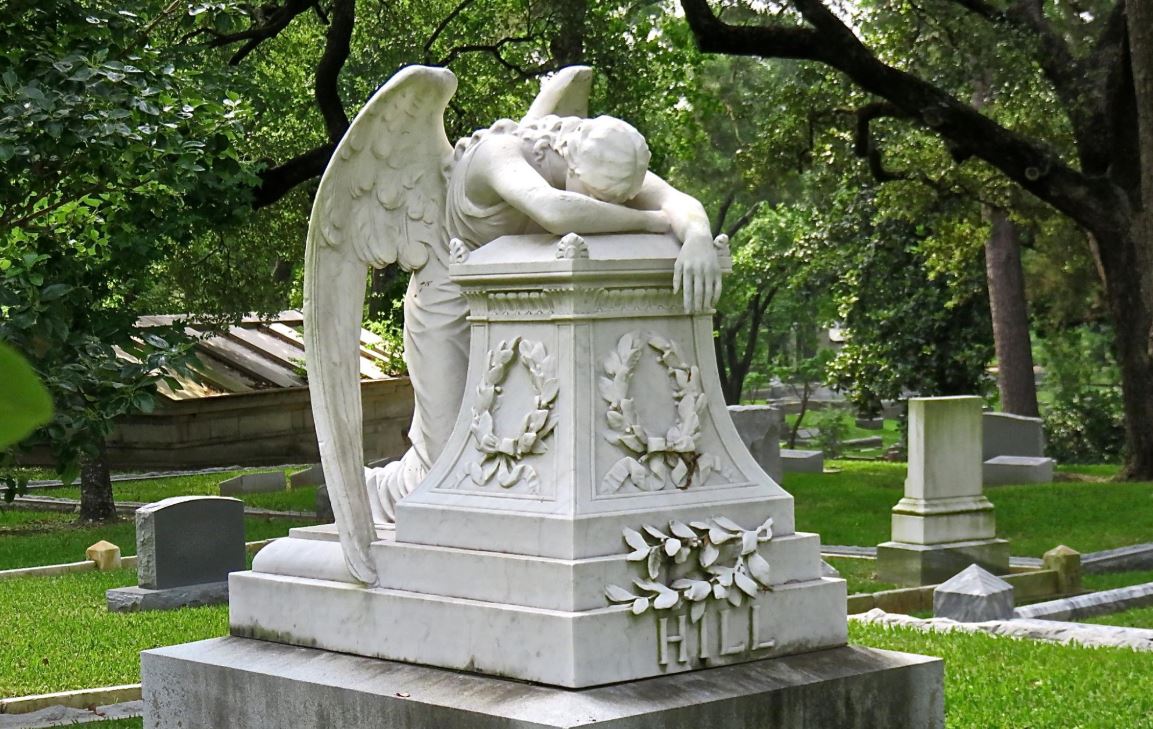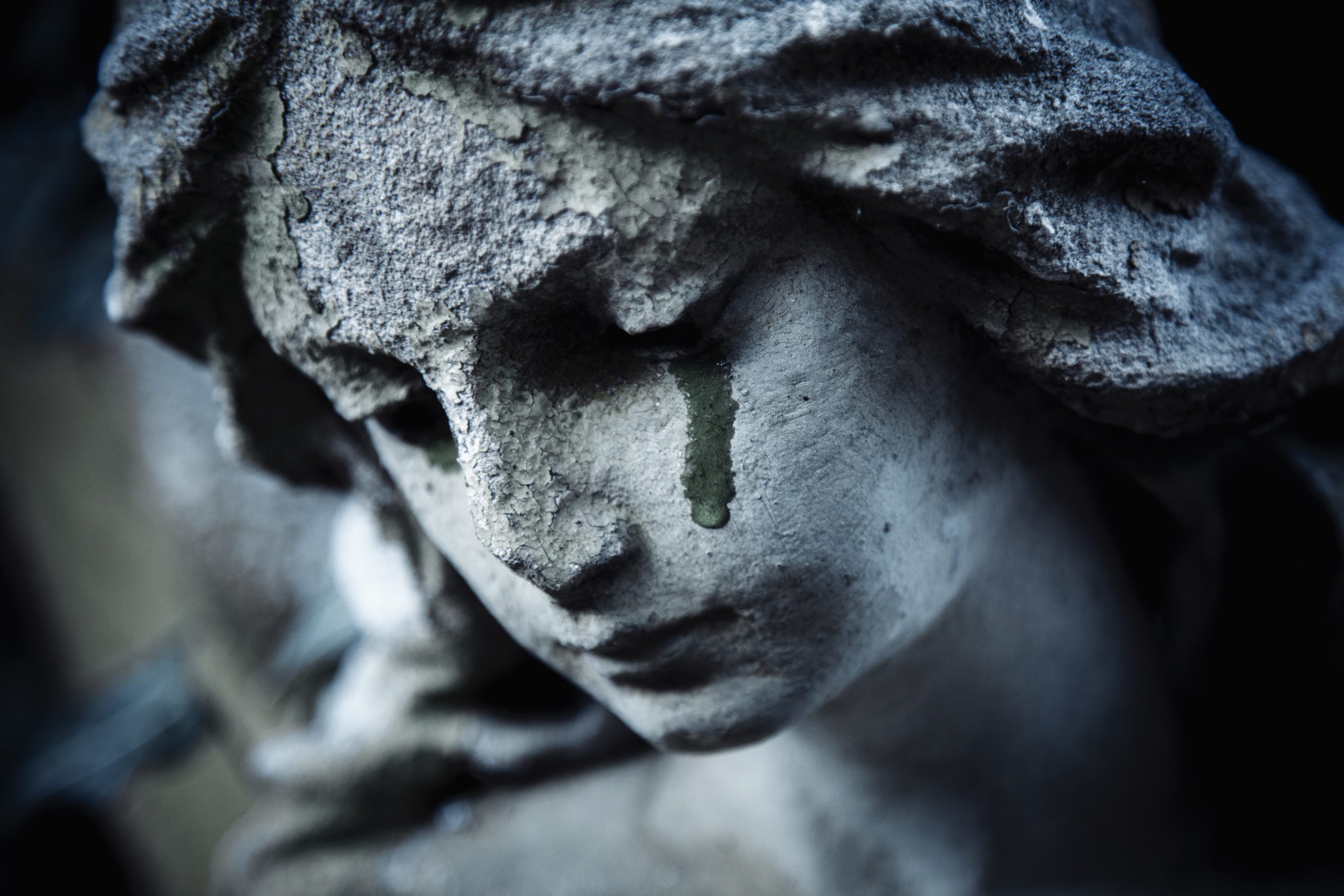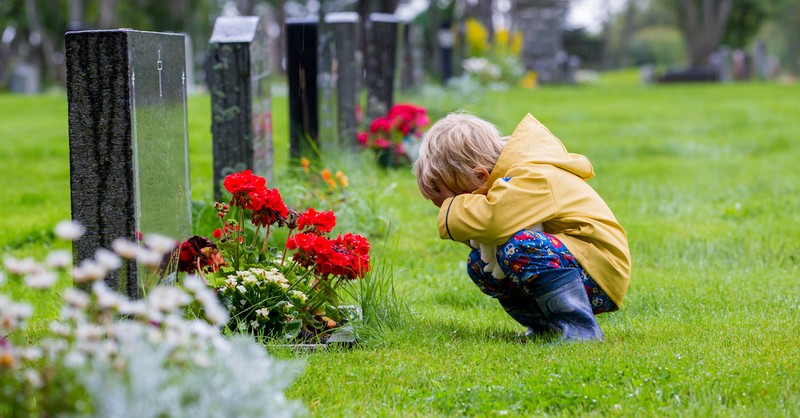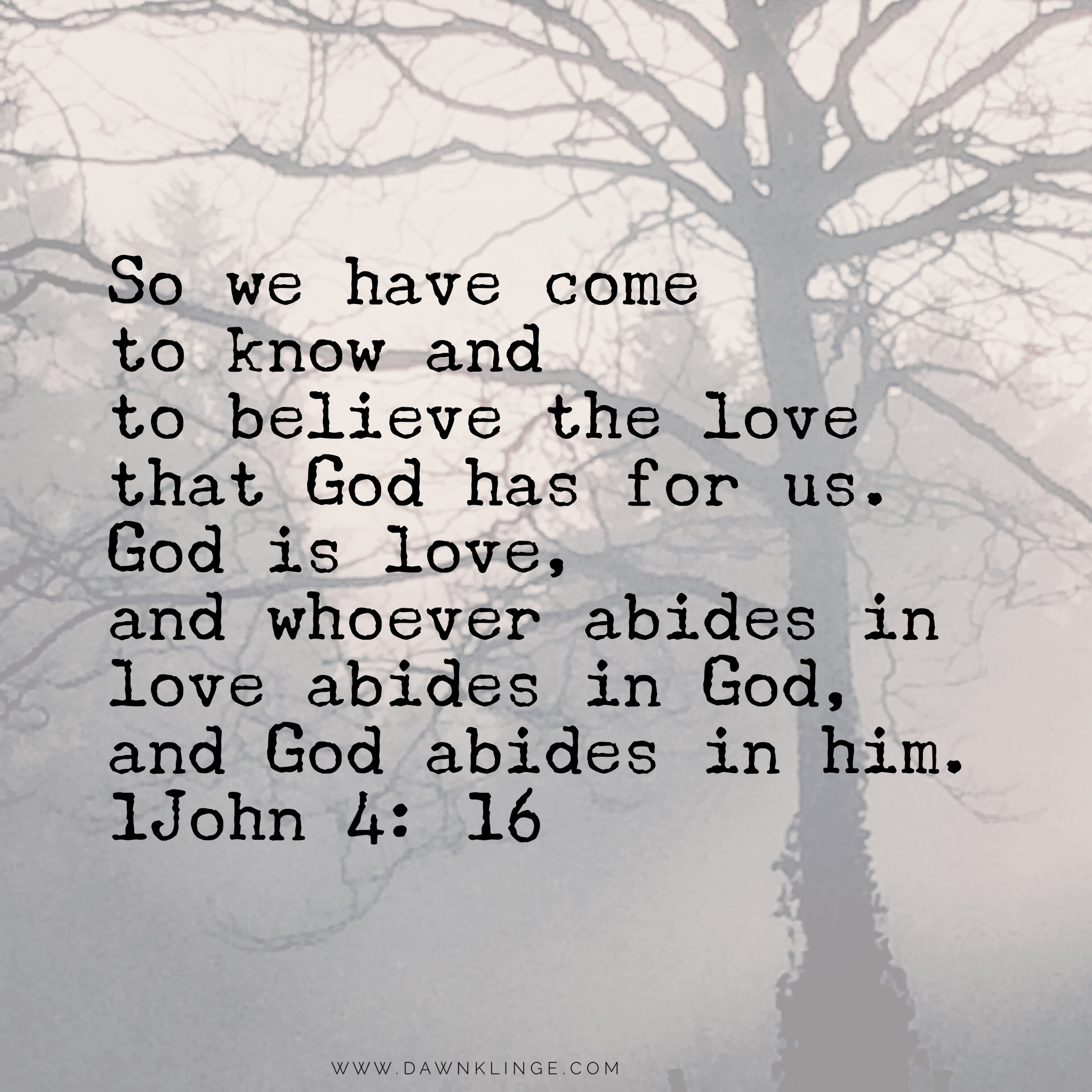Nakir and Munkar prop the deceased soul upright in the grave and ask three questions:
- Who is your Lord?
- What is your religion?
- What is your faith about this person (Muhammad)?

Death is repeatedly compared with sleep, which is at times described as “the little death.” God takes away people’s souls “during their sleep” and “upon their death.” He “retains those against whom he has decreed death, but returns

the others to their bodies for an appointed term” (39:42–43).
During death, the soul “rises into the throat” (56:83) before leaving the body. These are interesting passages in the light of modern medical knowledge. The study of sleep has identified the episodic occurrence of short periods during which the limbs are totally flaccid and without reflexes, as would be the limbs of the recently dead. Modern neurophysiology, moreover, stresses the role of structures in the upper part of the brain stem in the maintenance of the waking state.
Lesions just a little higher (in the hypothalamus) cause excessively long episodes of sleep. Irreversible damage at these sites is part of the modern concept of death. Finally, various types of breathing disturbance are characteristic of brain-stem lesions and could have been attributed, in former times, to occurrences in the throat. Nothing in these passages outrages the insights of modern neurology. The absence of any cardiological dimension is striking.

نَکیر و مُنْکَر یا بَشیر و مُبَشِّر، نام دو فرشتهای است که در شب اول بعد از دفن، وارد قبر شده و از اعتقادات و اعمال مُرده سؤال میکنند. اگر شخص درگذشته کافر باشد، این فرشتگان چهرهای مخوف داشته و نکیر و منکر خوانده میشوند و اگر درگذشته مومن باشد، این فرشتگان با روی زیبا با او روبهرو میشوند که در این صورت به آن ها بشیر و مبشر گفته میشود...
پس از به خاکسپاری میت، دو فرشته که مأموران بررسی اعتقادات شخص تازه درگذشته هستند، وارد قبر میشوند. در برخی روایات از این دو فرشته به «دو نگهبان قبر» تعبیر شده است. یکی در جانب راست و دیگری در جانب چپ متوفی قرار گرفته و شروع به پرسیدن سؤالاتی از او میکنند. چنانچه فرد کافر یا گناهکار باشد، آن دو ملک با چهرههایی وحشتناک بر او وارد میشوند و پس از آشکار شدن باطن میت، با عذابی شکننده از ناحیه آن دو که «نَکیر و مُنکَر» نام دارند مواجه شده و قبرش پر از آتش خواهد شد.

توانایی میت در پاسخ به سؤالات نکیر و منکر بر اساس همان روحیه و باطنی است که او در دنیا داشته است و مؤمنین گنهکار ممکن است در پاسخ به برخی سؤالات آنها ناتوان بوده و گرفتار عذاب شوند.
مهمترین امری که باعث میشود، قبر برای ما، نه تنها جایگاه تنهایی و وحشت نباشد؛ بلکه خانه روشن و باغ بهشت گردد، همان ایمان و عمل صالح است که محبت پیامبر گرامی(صلی الله علیه وآله) و ائمه اطهار(علیه السلام) را در پی دارد و سرمایهای بس عظیم برای طول سفر و گذر از این مرحله به شمار میرود.
It is orthodox Muslim belief that when someone dies the Angel of Death (malāk al-mawt) arrives, sits at the head of the deceased, and addresses each soul according to its known status. According to the Kitāb al-rūh, wicked souls are instructed “to depart to the wrath of God.” Fearing what awaits them, they seek refuge throughout the body and have to be extracted “like the dragging of an iron skewer through moist wool, tearing the veins and sinews.” Angels place the soul in a hair cloth and “the odour from it is like the stench of a decomposing carcass.” A full record is made, and the soul is then returned to the body in the grave. “Good and contented souls” are instructed “to depart to the mercy of God.” They leave the body, “flowing as easily as a drop from a waterskin”; are wrapped by angels in a perfumed shroud, and are taken to the “seventh heaven,” where the record is kept. These souls, too, are then returned to their bodies.

Two angels coloured blue and black, known as Munkar and Nakīr, then question the deceased about basic doctrinal tenets. In a sense this trial at the grave (fitnat al-Qabr) is a show trial, the verdict having already been decided. Believers hear it proclaimed by a herald, and in anticipation of the comforts of al-jannah (the Garden, or “paradise”) their graves expand “as far as the eye can reach.” Unbelievers fail the test. The herald proclaims that they are to be tormented in the grave; a door opens in their tomb to let in heat and smoke from jihannam (“hell”), and the tomb itself contracts “so that their ribs are piled up upon one another.” The period between burial and the final judgment is known as al-barzakh.
The Islamic belief in the afterlife as stated in the Quran is descriptive. The Arabic word for Paradise is Jannah and Hell is Jahannam. Their level of comfort while in the grave (according to some commentators) depends wholly on their level of iman or faith in the one almighty creator or supreme being (God or Allah). In order for one to achieve proper, firm and healthy iman one must practice righteous deeds or else his level of iman chokes and shrinks and eventually can wither away if one does not practice Islam long enough, hence the depth of practicing Islam is good deeds.

One may also acquire tasbih and recite the names of Allah in such manner as Subahann Allah or "Glory be to Allah" over and over again to acquire good deeds, all for the cause to reach absolute beliefe to elevate the spiritual entity that will find its creator (source). This ultimate goal is recited in one of the most prominent verses in Quraan, the first Sura in the Quraan, named Alfateha in the 5th verse "Ehdina al serata al mostaqeem" meaning "guide us to the straight path", and the following verses follows describing this path as "The way of those on whom you have bestowed your grace, not the way of those who earned your anger, nor of those who went astray".
In the Quran, Allah gives warning about grievous punishment to those who do not believe in the afterlife (Akhirah),and admonishes mankind that Hell is prepared for those who deny the meeting with god.
See also:
- Angels after death Azrael
- What Can Science Tell Us About death?
- The afterlife life after death or the world to come
- What happens to human bodies after death?
- The Last Day, Resurrection Day, Judgement Day
- Did God create and leave us alone, never to return?





